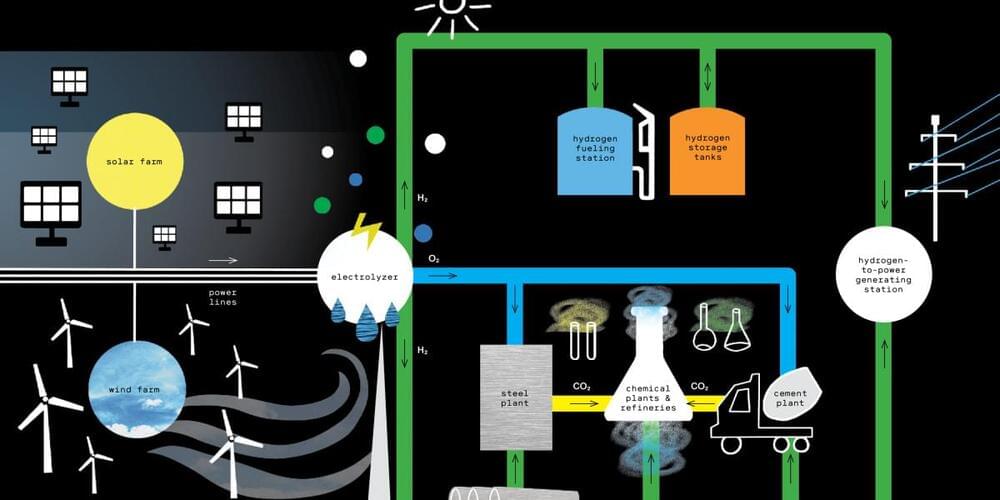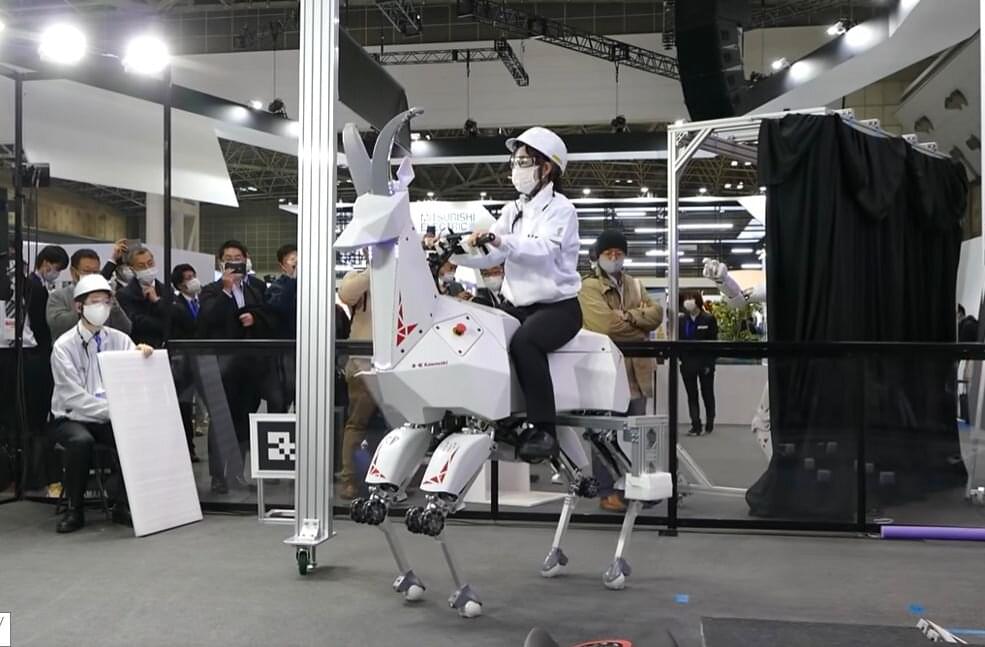If we are to set up a permanent base on the Moon, we will need some solid connection.
A space startup company is trying to make that happen. Aquarian Space recently announced receiving $650,000 in seed funding to develop a possible broadband internet connection that would link the Earth to the Moon, and maybe even Mars.
The company aims to deploy its first communications system to the Moon by 2024 in anticipation of increased demand from planned space missions to the Moon and beyond, both public and private ventures.
“In 2021 there were 13 landers, orbiters, and rovers on and around the moon,” Kelly Larson, CEO of Aquarian Space, said in a statement released Thursday. “By 2030, we will have around 200, creating a multibillion-dollar lunar economy. But this can’t happen without solid, reliable Earth-to-moon communications.”









